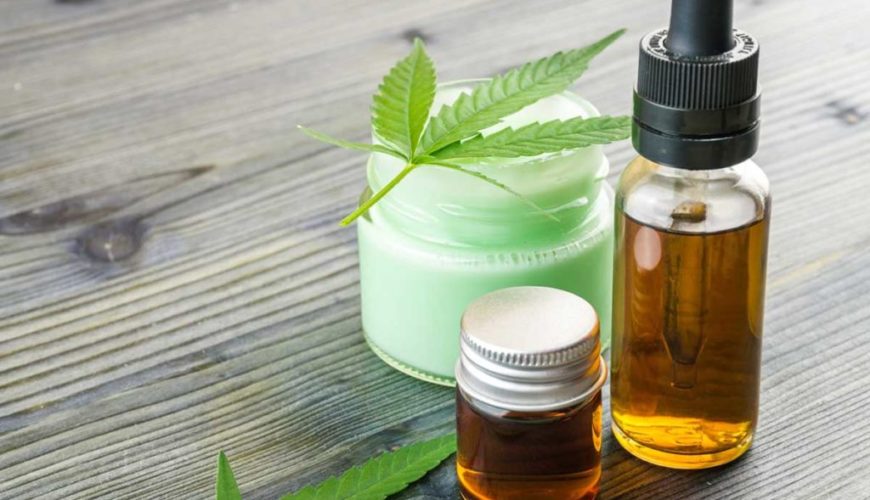As the cannabis industry is growing larger than ever and discoveries for new products are made every day. If you are staying up to date with cannabis news, you may have heard of the latest cannabinoid product on the market, CBG.
Since CBG has been introduced to the cannabis industry recently and researchers are still learning about its benefits, you may begin to wonder if you should worry about any side effects if you decide to use CBG oil or cbg dabs. This guide will help you understand everything about CBG and if there are side effects to using it.
What is CBG?
CBG is a cannabinoid found in cannabis and hemp plants and it is a non-psychoactive ingredient, meaning it will not get you high like THC does. When the cannabis plant starts flowering, the CBG component needs to be extracted or the process will be harder once the plant matures. If the cannabis plant matures, it will contain less than 1% of CBG.
CBG has caught the attention of researchers and companies due to its benefits and therapeutic properties, but since it is hard to extract in large quantities many companies are finding it difficult to create CBG products without having to spend a lot of money doing so.

What are the benefits of CBG?
CBG provides many medical benefits like other cannabinoids. Even though CBG studies are still being conducted, researchers have discovered many promising benefits that will improve people’s lives.
CBG has been found to work as an:
- Antidepressant, CBG helped people who struggle with depression
- Antibacterial, CBG can slow down bacteria growth.
- Anti-inflammatory, CBG can help reduce inflammation and studies done on inflammatory disorders proved that.
- Anti-insomnia, CBG provides comfort and help for people who have a hard time sleeping.
- Appetite stimulant, CBG increases the appetite for people who are going through chemotherapy and such treatments.
- Bone stimulant, CBG has shown its ability to promote bone growth in the human body.
- Anti-proliferative, CBG can inhibit cancer cell growth.
CBG studies also found that it can be beneficial with disorders such as Huntington’s disease, glaucoma, inflammatory bowel disease, bladder dysfunction, and more.
Does CBG have any side effects?
Since CBG is still relatively new to the market, studies haven’t found that much information about the side effects. It is recommended to only take CBG as a therapeutic dose and swallow more than necessary.

High doses of CBG can cause side effects such as tiredness and feeling of fatigue or grogginess. Some CBG users have also experienced diarrhea due to taking a high dose and changes in their appetite.
Another side effect is dry mouth, which is extremely common when consuming cannabis products, but it’s important to remember that it is not a sign of dehydration.




